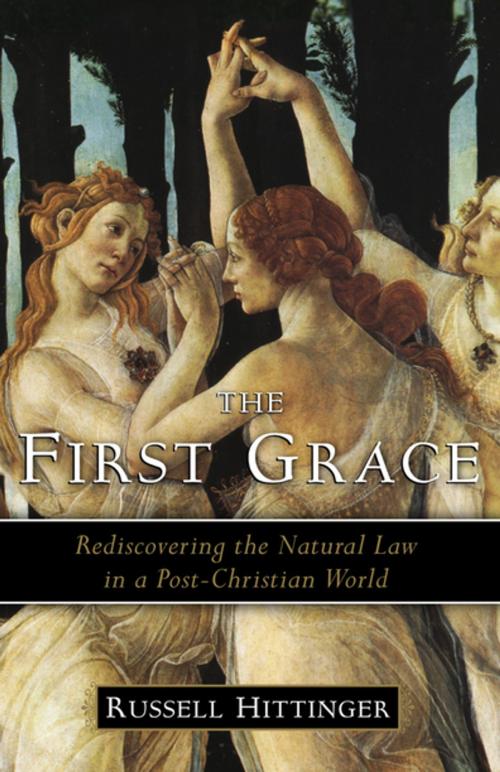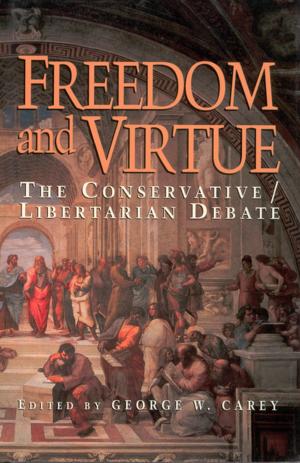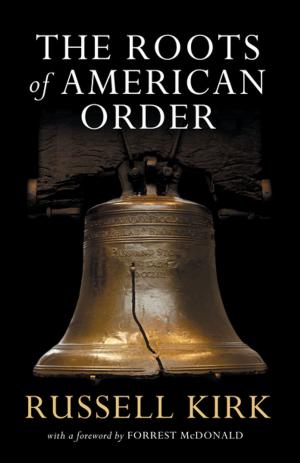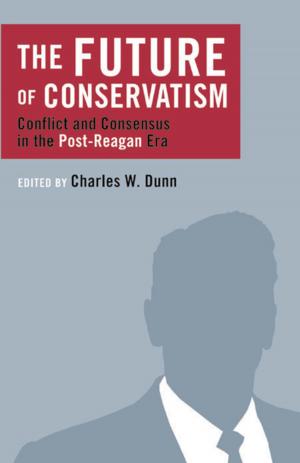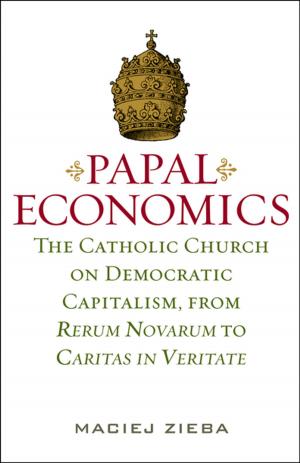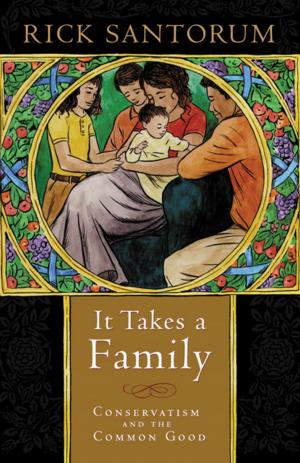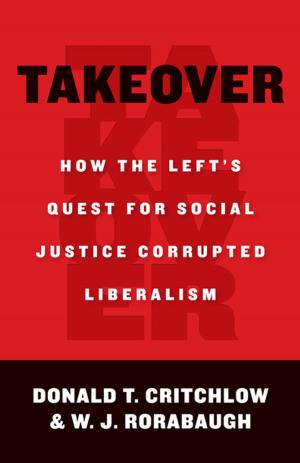The First Grace
Rediscovering the Natural Law in a Post-Christian World
Nonfiction, Religion & Spirituality, Philosophy| Author: | Russell Hittinger | ISBN: | 9781497651449 |
| Publisher: | Intercollegiate Studies Institute (ORD) | Publication: | May 20, 2014 |
| Imprint: | Intercollegiate Studies Institute | Language: | English |
| Author: | Russell Hittinger |
| ISBN: | 9781497651449 |
| Publisher: | Intercollegiate Studies Institute (ORD) |
| Publication: | May 20, 2014 |
| Imprint: | Intercollegiate Studies Institute |
| Language: | English |
In the book’s first section, Hittinger defines the natural law, considers its proper relationship to moral theology and the positive law, and explains how and when judges should be guided by natural law considerations. Then, in the book’s second section, he contends with a number of controversial legal and cultural issues from a natural law perspective. Among other things, he shows how the modern propensity to make all sorts of “rights claims” undermines the idea of limited government; how the liberal legal culture’s idea of privacy elevates the individual to the status of a sovereign; and how the Supreme Court has come to cast religion as a dangerous phenomenon from which children must be protected.
Whether discussing the nature of liberalism, the constitutional and moral problems posed by judicial usurpation, or the dangers of technology, Hittinger convincingly demonstrates that in our post-Christian world it is more crucial than ever that we recover older, wiser notions of the concepts of freedom and law—since to oppose them is to misunderstand both profoundly.
In the book’s first section, Hittinger defines the natural law, considers its proper relationship to moral theology and the positive law, and explains how and when judges should be guided by natural law considerations. Then, in the book’s second section, he contends with a number of controversial legal and cultural issues from a natural law perspective. Among other things, he shows how the modern propensity to make all sorts of “rights claims” undermines the idea of limited government; how the liberal legal culture’s idea of privacy elevates the individual to the status of a sovereign; and how the Supreme Court has come to cast religion as a dangerous phenomenon from which children must be protected.
Whether discussing the nature of liberalism, the constitutional and moral problems posed by judicial usurpation, or the dangers of technology, Hittinger convincingly demonstrates that in our post-Christian world it is more crucial than ever that we recover older, wiser notions of the concepts of freedom and law—since to oppose them is to misunderstand both profoundly.
